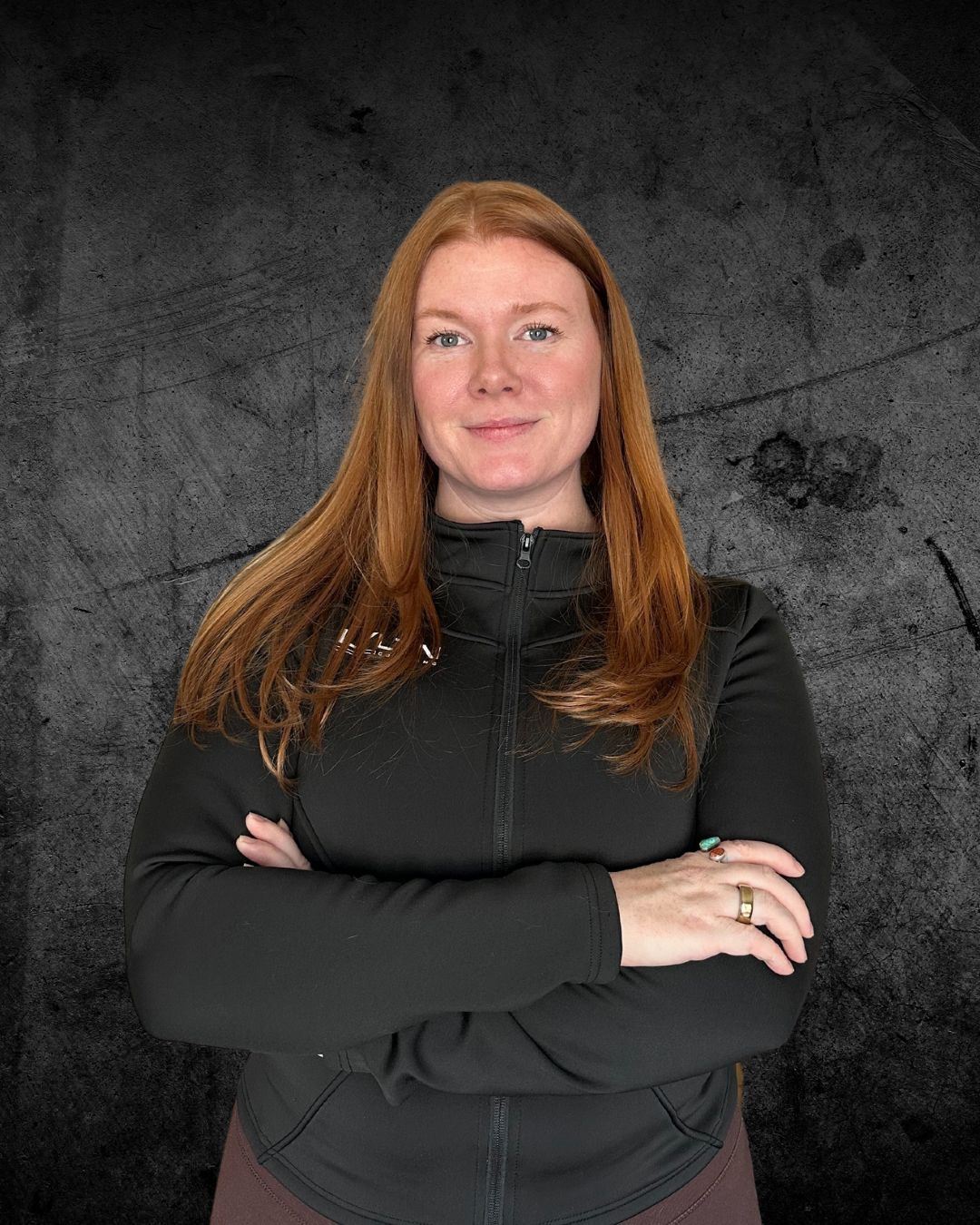Why “I don’t like…” shouldn’t stop your progress
Raise your hand if you feel like SOMETIMES you let your preferences become excuses as to why you can’t do something (see me throwing my hand up high in the sky).
“I don’t like vegetables.”
Excuse: Skipping veggies altogether because you haven’t found ones you enjoy.
Reality: There are countless ways to prepare vegetables—roasted, blended into smoothies, sautéed with seasonings—you just haven’t experimented enough!
“I don’t like working out in the morning.”
Excuse: Skipping workouts entirely because your day gets busy after work.
Reality: You’re better off with a short workout at any time of the day than none at all.
Sound familiar?
Today, I’m going to share an exercise that can help you sort through that all-or-nothing thought, break through it, and welcome some gray area into your life.
Transparently, I feel called to share this because it's something that I've been working on personally (having a baby really makes you have to pivot, a lot). The truth is, I know I'm not the only one out here getting in my own way sometimes.
So let’s work as a team to break through this friction point together.
The Exercise: Breaking Through Excuse-Based Thinking
STEP 1: Identify It
Start by figuring out where and how this shows up for you. Awareness is key. Awareness brings clarity, which then allows you to take action.
STEP 2: Write It Down
Now that you know where it shows up, write it down. Then, make a list of ALL the other ways that you could do it. I know, this might be tricky—but there are other ways. Get out of your own way here.
STEP 3: Choose Realistic Backup Plans
From that list, choose which options are things you would actually choose to do as backup plans. Because if we’re being totally honest, there are some that you wrote down but know you won’t do. No shame. These are now how we show up, even when we don’t want to.
STEP 4: Prepare for Discomfort
Choosing a different option beside the preferred one is going to come with discomfort. Because it’s new. New things almost always come with some form of discomfort because it’s unknown.
We grow when we embrace the grey and unknown areas in life.
The reason we prefer to do it one way is because, as humans, we love familiarity. So when that gets disrupted, discomfort shows up, and we make choices based on that discomfort. And when we’re on a journey of change, that choice usually leaves us feeling mad at ourselves for not just doing it, right?
The Power of Self-Talk
The way we speak to ourselves is important and powerful—I cannot stress this enough.
If you say things like:
“Doing it this way isn’t good enough...”
Then it will always feel that way.
If instead you tell yourself:
“This is my backup plan. It might feel uncomfortable at first, but I’ll be glad I did it,”
you are choosing words that are supportive instead of defeating.
If you believe you cannot change, then you, my friend, are your own roadblock.
The Truth About Change
Making this change and getting out of your own way is going to take effort. It’s going to be messy, and you’re going to revert to your default thinking at times, because it's more familiar—not because you are incapable of change.
You always have the choice to do something differently next time.
You are creating new pathways in your brain and trying to remove ones that have been there for years.
The Gravel Road Analogy
Picture this:
The way you’ve always done things is like a newly paved road in your brain. No bumps, no potholes, smooth sailing. Cue a new way of doing something: in your brain, this is like a washboarded gravel road—that super bumpy one that would make your voice sound weird while you’re talking.
It’s uncomfortable.
It’s unfamiliar.
You’d do anything to get back on the paved road, right? Your brain wants that too.
But when a road is traveled more frequently, eventually it gets paved to support the traffic on it.
That same thing will happen for you too.
The old one will slowly break up into a washboard gravel road, and the new one will feel smooth.
It just takes time, and it requires you to choose the gravel road over and over again.
And Remember…
The only person who’s expecting you to get things perfect on the first try is YOU.
We become stronger than our excuses by embracing discomfort and giving ourselves options—so excuses aren’t the only exit strategy.
I’m on this change journey with you.
Want Support?


.jpg)
.jpg)
.jpg)
.jpg)